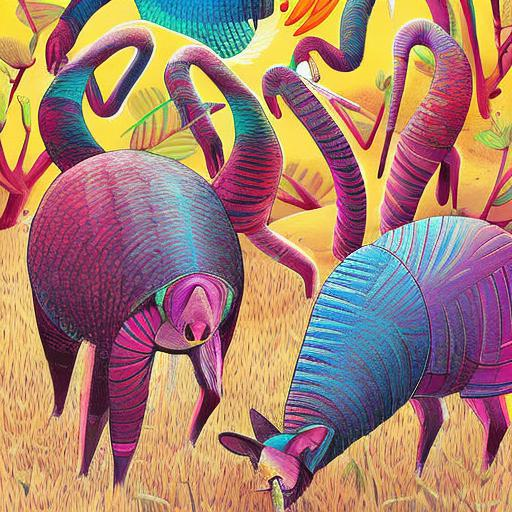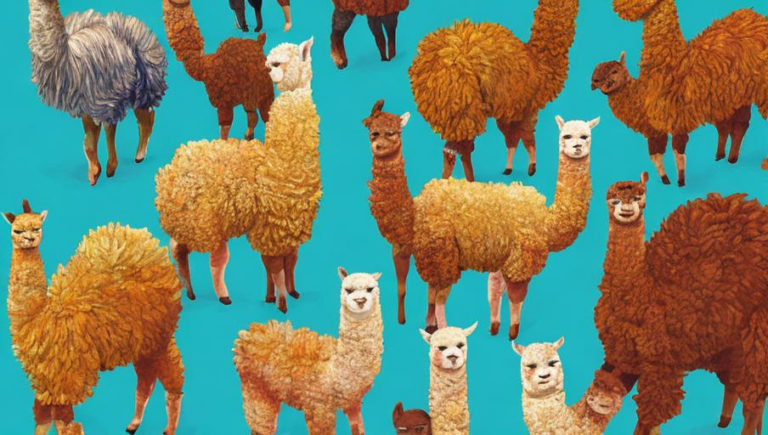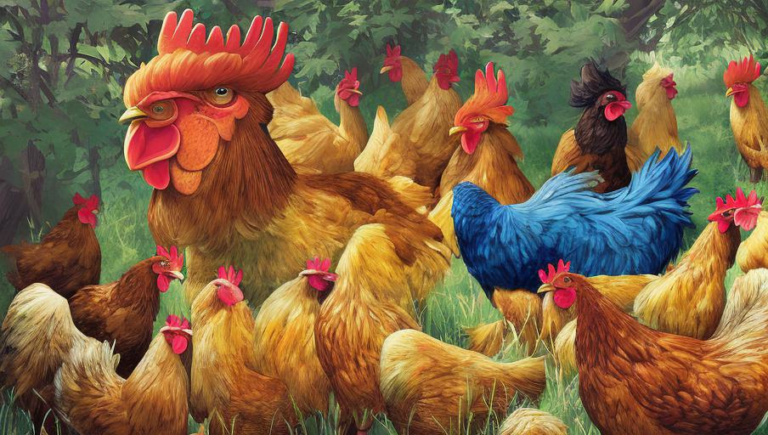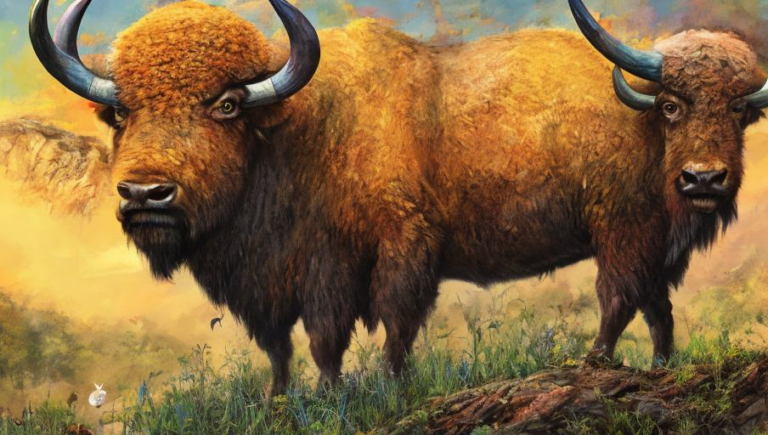In the Cage: How to Properly Care for a Chinchilla
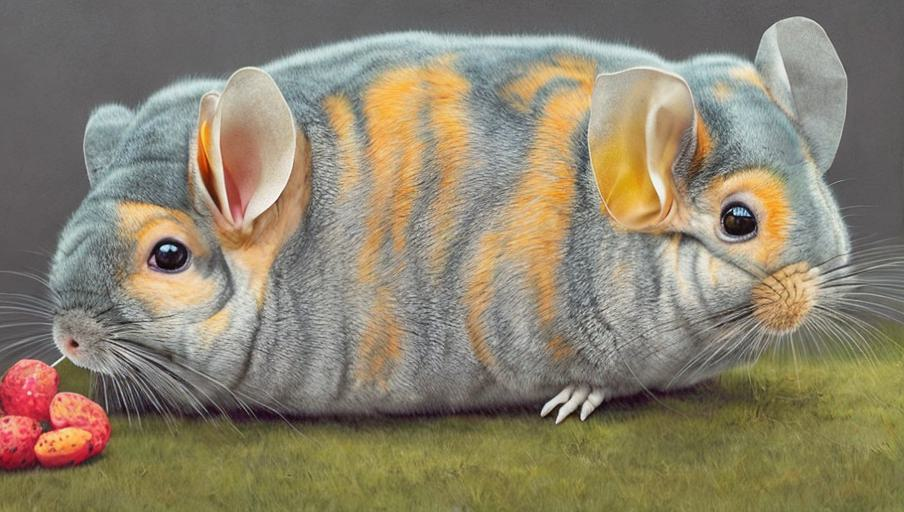
Introduction to Chinchillas
Chinchillas are small rodents that are native to the Andes mountains in South America. They have soft, dense fur and large ears, and they are nocturnal, meaning they are most active at night. Chinchillas are very active and intelligent animals, and their curious nature can make them entertaining pets. However, it’s important to understand the basics of chinchilla care in order to provide a safe and comfortable home for them.
Housing
Chinchillas need plenty of space to move around and explore, so it’s important to provide a large enough cage. The cage should be a minimum of 18” x 24” x 24”, with larger being even better. Chinchillas like to climb, so the cage should have plenty of shelves and ledges, as well as a variety of toys and accessories. It’s also important to provide a dust bath for your chinchilla, which is a shallow dish filled with chinchilla dust that they can roll around in.
Diet
Chinchillas are herbivores and need a diet that is high in fiber and low in sugar and fat. A good diet for chinchillas should include hay, chinchilla pellets, and fresh vegetables. It’s important to provide a variety of food to help keep your chinchilla healthy and provide them with the nutrients they need. Additionally, it’s important to provide fresh, clean water at all times.
Grooming
Chinchillas have very thick fur that needs to be groomed regularly. It’s important to brush your chinchilla’s fur with a soft brush at least once a week to help prevent tangles and mats. Additionally, it’s important to provide a warm bath every month or so to help keep your chinchilla’s fur clean. Be sure to use chinchilla dust for the bath, as regular soap and shampoo can be too harsh for their delicate skin.
Handling
Chinchillas can be timid animals, so it’s important to be gentle and patient when handling them. The best way to handle a chinchilla is to scoop them up from underneath with both hands, and then hold them close to your body. Be sure to support their back and bottom to help them feel secure. Additionally, it’s important to provide plenty of time for your chinchilla to explore their cage and get used to their environment.
Conclusion
Chinchillas can make wonderful pets, but it’s important to understand the basics of chinchilla care in order to provide them with a safe and comfortable home. Providing them with a large enough cage, a healthy diet, regular grooming, and gentle handling are all important parts of caring for a chinchilla. With the proper care, your chinchilla can live a long and happy life.
